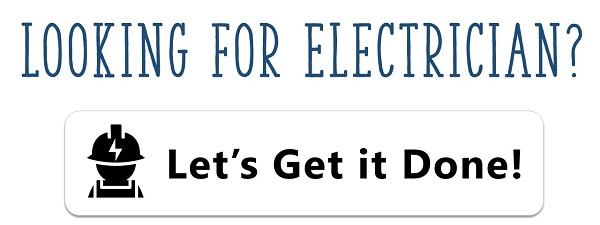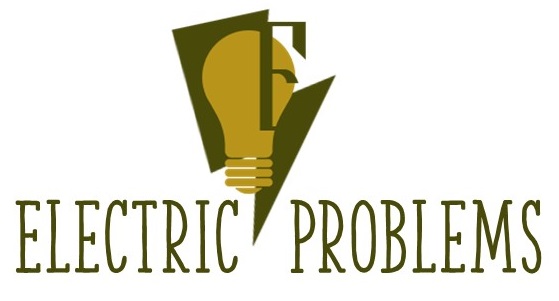![]()
Propane vs Natural Gas & Gasoline Generator
DISCLAIMER: AS AN AMAZON ASSOCIATE I EARN FROM QUALIFYING PURCHASES. THIS POST CONTAINS AFFILIATE LINKS THAT WILL REWARD ME MONETARILY OR OTHERWISE WHEN YOU USE THEM TO MAKE QUALIFYING PURCHASES. FOR MORE INFORMATION, PLEASE READ MY EARNINGS DISCLAIMER.
Generators are the perfect solution for power outages, emergencies, and other situations where electricity is desired. They are easy to use and provide reliable power when you need it most.
Common choices of fuel for generators are – gas (or gasoline), natural gas, and liquid propane gas. Propane has an everlasting shelf life, meaning it does not expire or go bad, whereas gasoline has a shelf life of around a year (with fuel stabilizers). Natural gas is supplied through pipelines, while propane you can get in a container.
A dual-fuel generator is recommended if you live in a region where natural disasters strike frequently. When fuel is scarce, you’ll want the option of using either gas or propane to generate electricity.
In this video a dual-fuel generator is being tested to show you whether gasoline or propane generator is quieter:
![]()
Natural gas vs portable natural gas generators
A natural gas generator is a very efficient and reliable way to generate electricity. Natural gas is one of the most reliable and efficient non-renewable resources for power generation and it can be used to power both home backup and portable generators.
The main difference between home and portable gas generators is that the first one is using the gas line of your house, and the second one (portable) has a reservoir that must be filled with gas.
The fuel tank can hold just a few gallons of gas and it would need to be manually refilled several times a day. If you only need several hours’ worth of energy, then a portable natural gas generator is the right option for you.
Natural gas vs propane generators
Natural gas is readily available in major cities, not only because it is safer and cheaper, but also because it is supplied directly into pipelines. As a result, when using natural gas-powered generators, fuel storage is no longer necessary.
What is a propane gas? Propane a liquid source of fuel, which is actually a byproduct of natural gas production. Since your generator runs on gas rather than liquid, this propane must be heated to create a gas form that will fuel your generator.
The main difference between natural gas and propane gas is the state that they are in. Natural gas is already in gas form, while propane (like I mentioned before) is in liquid form. Natural gas is never a liquid form and directly feeds to your emergency generator via the pipe.
This is also one main disadvantage of the natural gas generator when compared to the propane model. Since the gas is being delivered by pipes, it can be easily interrupted during natural disasters. When you need to use your generator the most, you can run out of fuel.
Also, natural gas is very flammable. Regardless of whether it “feeds” a generator, a stove, or a furnace, you need to be very careful with gas.
If you would like your generator to work for a couple of days, you will need to set up an underground tank for liquid propane. It can be refilled by special services when necessary or you can buy a small propane container at the gas station.
Why use a natural gas generator?
- Natural gas is less expensive than propane (usually).
- No need to refuel.
- Propane tanks are usually serviced or washed every few years (if underground install), no problem like this with natural gas lines.
- Installation and space requirements are minimal. Installing propane tanks underground requires space.
Why use a propane generator?
- You don’t have access to a natural gas line.
- You don’t want to worry about the gas interruption.
- The propane generator is quieter than the natural gas one.
- You can store propane forever and it will not go bad.
- It does not evaporate.
- It’s a better burning fuel than natural gas (for those concerned with waste).
- Propane generators are usually less expensive than natural gas generators.
Drawbacks of propane generators:
- In very cold conditions, the regulator on a propane tank is vulnerable to “freezing”. This generally means that it may not turn into a “gaseous” state, but keep on being a liquid (which will make it quite unusable).
- Propane will stay in a liquid state as it moves through the regulator if the container is overfilled or the portable cylinder isn’t in the upright position. It needs room to “boil” and emit vapor in order to work properly.
- Propane generators are inefficient, delivering fewer BTUs per gallon of fuel than gas generators.
Here is a nice video that compares both:
![]()
Natural gas vs gasoline generators
Traditionally, diesel and gas fuel were the most popular choices for generators, especially for commercial and industrial needs. In the past, gaseous fuels have been avoided in industrial applications because of cost, power output, and reliability.
That is no longer the case. Today, thanks to the development of new technologies in generators, their enclosures, and other components, the differences between gasoline and natural gas generators are no longer so clearly defined.
Now, the most evident benefits of using natural gas to power your generators are:
- It is cleaner.
- Less costly.
- Lower emissions.
- More powerful than some other non-renewable fuels.
- No horrible odor in comparison to diesel and gas generators.
Natural gas generators are most commonly used in big cities because it is supplied directly by underground pipes, more rural areas have problem with gas lines. Natural gas is one of the cleanest fuels available.
Drawbacks of natural gas generators:
- Costly.
- Supply can get disrupted during an emergency.
- You have to deal with gas, and that is always dangerous.
Benefits of gasoline generators:
- Dependable.
- Cheap.
- Just get supply at the gas station!
Drawbacks of gasoline generators:
- It’s noisy.
- It’s smelly.
- Can spill and cause a fire hazard.
- High emissions.
- Fuel degrades after a year.
- Fuel is difficult to store.
Also, if you run out of fuel, gas stations may have problems with electricity and supply during an emergency. Of course, you could always try keeping your own storage of fuel supply.
Gasoline vs propane generators
One of the main differences between these generators is that propane burns cleaner than gasoline, making it safer for the atmosphere as well as the generator. Since gasoline does not burn cleanly, it releases more pollutants into the environment and deposits more carbon in your generator’s housing and parts.
So, which generator is better, gasoline or propane? If you love camping and need a generator to back you up, here is a nice video that compares both (portable version):

Click on the white button above to find your electrician!



